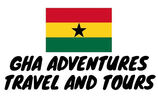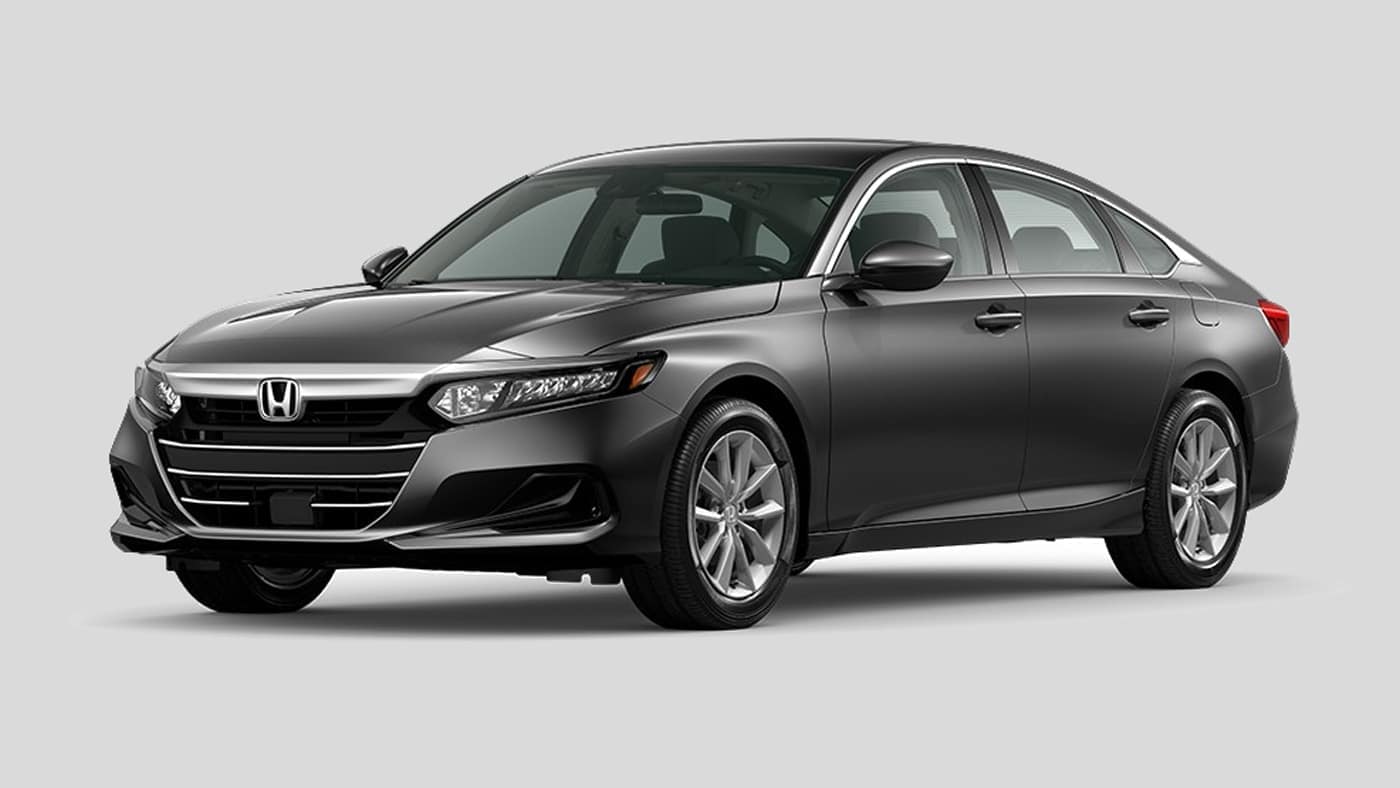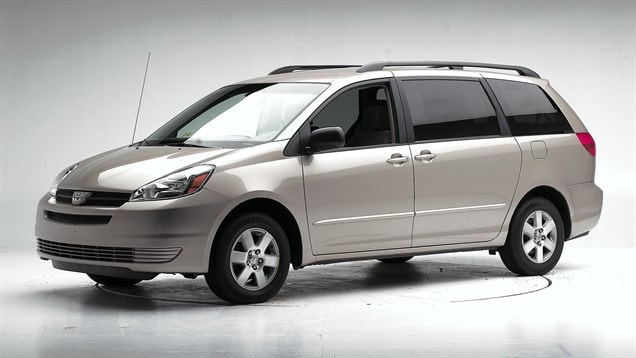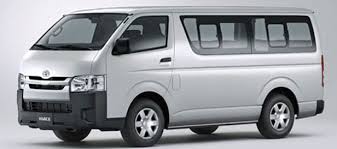We encourage everyone to follow the Government of Ghana policies and guidelines when traveling to Ghana. We require our clients to follow the guidelines upon entry into Ghana. We highly encourage everyone who wish to travel to Ghana to visit Ghana Health Services for detail information regarding health policies and guidelines.
Safety First!
Safety is very important to us. We want all our clients to have the safe and memorable experience with theirs adventures in Ghana. There is no such guarantee safe place on earth. Ghana is considered the safest country in Africa. Whether you are going down the street or to the other side of the world, traveling has inherent risks. Luckily, the human spirit is adventurous enough to overcome the fear of those risks to seek the rewards of going new places and trying new things. So how do we keep you safe as you venture out into the world?
We built safety into our business values. In recognition of the fact that safe and happy clients are the type of clients we want to travel with, we made safety a core part of who we are. Our staff are indigenous to the cultures in Ghana and will strive to provide the best guide. Safety is not an afterthought, but rather is a key factor in making a range of decisions including where we stay, where we eat, what activities we do, what vendors we choose, what cars we drive, how we train our staff, and more. In making safety an integral part of who we are, we hope to keep our guests safe and happy for many years to come.
We identify risks involved with every activity on every trip. Every step of every tour that we run has been analyzed to identify any specific safety risks in order to prevent them before they ever occur. Our comprehensive risk management plans include every imaginable risk from small scrapes that require a band-aid to large traumatic accidents that require evacuation. We have never had a serious injury on one of our tours, but that doesn’t stop us from planning for them every day.
We always pray to God for the best for all of us.
We built safety into our business values. In recognition of the fact that safe and happy clients are the type of clients we want to travel with, we made safety a core part of who we are. Our staff are indigenous to the cultures in Ghana and will strive to provide the best guide. Safety is not an afterthought, but rather is a key factor in making a range of decisions including where we stay, where we eat, what activities we do, what vendors we choose, what cars we drive, how we train our staff, and more. In making safety an integral part of who we are, we hope to keep our guests safe and happy for many years to come.
We identify risks involved with every activity on every trip. Every step of every tour that we run has been analyzed to identify any specific safety risks in order to prevent them before they ever occur. Our comprehensive risk management plans include every imaginable risk from small scrapes that require a band-aid to large traumatic accidents that require evacuation. We have never had a serious injury on one of our tours, but that doesn’t stop us from planning for them every day.
We always pray to God for the best for all of us.
Transporting Mode
Here are our selected types of vehicles we use for transporting our clients.
Do I need a visa to get into the country?
Non-Ghanaians citizens are require to have Visa to enter into Ghana. Be sure to check with your country for your specific requirements when traveling to Ghana. Visas can be complicated and we highly encourage you to check and consult your country travel guidelines to obtain visa. Email ghaadventures.com@gmail.com with any specific questions. We are here to help!
Do I need any shots or vaccinations?
Yes, the best advice is to get the required vaccinations when traveling to another country. Ghana requires proof of Yellow Fever vaccination. Check with your doctor, your public health department, or the Center for Disease Control and Prevention to see if any other vaccinations are recommended.
Do I need to bring any medicine with me?
Malaria is prevalent in much of West Africa, and many of our guests take a malaria prophylactic to stay safe, so be sure to check with your doctor to see what they recommend. In the event of gastrointestinal issues related to travel, it is advisable to bring Pepto Bismol, Immodium, or other helpful stomach-soothers. Pharmacies are common in much of West Africa, so be sure to talk to your guide if you are having any issues.
Do I need travel insurance?
The answers is yes. For your safety and financial security, we highly recommend that you buy a travel insurance policy for your time spent in Ghana. Accidents happen, and we don’t want our clients getting stuck paying medical bills or evacuation costs if you are injured on your tour.
How much money do I need to bring? Is there lots of access to ATMs/cash machines?
You will often will need to pay for your food and or souvenirs. Be sure to check the specifics of your tour to make sure you have enough additional money. Lunches and dinners often range from $ 8 to $15 US dollars. Please check with your debit or credit card companies and their fees charges before using them while you are in Ghana.
Will my driver/tour guide stay with me the entire time?
For safety reasons, our guides drivers are on duty 24/7, but they may leave you late in the evenings to sleep in a nearby hotel or lodge. Adult travelers should expect their guides to be with them as long as they need them every day, while student groups and other large groups should expect their guide to be nearby for 100% of their tour.
Can I bring donations?
We would love for you to bring donations, but we ask that you check with an our staff member to see what specific items are needed. We do not accept donations unless our community partners have identify them as items of need. Ghana is English speaking country, we always accept English-language books of all genres and skill levels. These books will support a future library in Ghana.
How much should I tip?
You do not have to tip any of the vendors, boat drivers, safari drivers, or other people that you meet throughout your trip. Tips are included in the price of the trip. Tips for your Ghana Adventure guide are always appreciated, though all of our guides make living wages and are paid an additional sum for each day on tour.
Will my cellphone work when I arrive?
Phones in Ghana uses SIM cards. If you are interested in having cell service and internet access on your mobile device, be sure to check in with your guide so that they can help you get a local SIM card. If you request a SIM card in advance of your trip, your guide will provide it for you at the airport when you arrive.
Is there a culturally appropriate dress code?
Women often wear tank tops in metropolitan places like Accra and other major cities, but many parts of Ghana require more conservative outfits from both men and women. We highly recommend bringing loose-fitting clothes the cover your knees and shoulders. Bikinis are acceptable at beaches and pools, but the moment you leave, you should cover your shoulders and knees out of respect for local customs. Be sure to check the packing list to make sure you don’t miss anything.
Safety: - Is Ghana safe?
There is no such guarantee safe place on earth. Ghana is considered the safest country in Africa. Whether you are going down the street or to the other side of the world, traveling has inherent risks. Luckily, the human spirit is adventurous enough to overcome the fear of those risks to seek the rewards of going new places and trying new things. So how do we keep you safe as you venture out into the world?
We built safety into our business values. In recognition of the fact that safe and happy clients are the type of clients we want to travel with, we made safety a core part of who we are. Safety is not an afterthought, but rather is a key factor in making a range of decisions including where we stay, where we eat, what activities we do, what vendors we choose, what cars we drive, how we train our staff, and more. In making safety an integral part of who we are, we hope to keep our guests safe and happy for many years to come.
We identify risks involved with every activity on every trip.Every step of every tour that we run has been analyzed to identify any specific safety risks in order to prevent them before they ever occur. Our comprehensive risk management plans include every imaginable risk from small scrapes that require a band-aid to large traumatic accidents that require evacuation. We have never had a serious injury on one of our tours, but that doesn’t stop us from planning for them every day.
Non-Ghanaians citizens are require to have Visa to enter into Ghana. Be sure to check with your country for your specific requirements when traveling to Ghana. Visas can be complicated and we highly encourage you to check and consult your country travel guidelines to obtain visa. Email ghaadventures.com@gmail.com with any specific questions. We are here to help!
Do I need any shots or vaccinations?
Yes, the best advice is to get the required vaccinations when traveling to another country. Ghana requires proof of Yellow Fever vaccination. Check with your doctor, your public health department, or the Center for Disease Control and Prevention to see if any other vaccinations are recommended.
Do I need to bring any medicine with me?
Malaria is prevalent in much of West Africa, and many of our guests take a malaria prophylactic to stay safe, so be sure to check with your doctor to see what they recommend. In the event of gastrointestinal issues related to travel, it is advisable to bring Pepto Bismol, Immodium, or other helpful stomach-soothers. Pharmacies are common in much of West Africa, so be sure to talk to your guide if you are having any issues.
Do I need travel insurance?
The answers is yes. For your safety and financial security, we highly recommend that you buy a travel insurance policy for your time spent in Ghana. Accidents happen, and we don’t want our clients getting stuck paying medical bills or evacuation costs if you are injured on your tour.
How much money do I need to bring? Is there lots of access to ATMs/cash machines?
You will often will need to pay for your food and or souvenirs. Be sure to check the specifics of your tour to make sure you have enough additional money. Lunches and dinners often range from $ 8 to $15 US dollars. Please check with your debit or credit card companies and their fees charges before using them while you are in Ghana.
Will my driver/tour guide stay with me the entire time?
For safety reasons, our guides drivers are on duty 24/7, but they may leave you late in the evenings to sleep in a nearby hotel or lodge. Adult travelers should expect their guides to be with them as long as they need them every day, while student groups and other large groups should expect their guide to be nearby for 100% of their tour.
Can I bring donations?
We would love for you to bring donations, but we ask that you check with an our staff member to see what specific items are needed. We do not accept donations unless our community partners have identify them as items of need. Ghana is English speaking country, we always accept English-language books of all genres and skill levels. These books will support a future library in Ghana.
How much should I tip?
You do not have to tip any of the vendors, boat drivers, safari drivers, or other people that you meet throughout your trip. Tips are included in the price of the trip. Tips for your Ghana Adventure guide are always appreciated, though all of our guides make living wages and are paid an additional sum for each day on tour.
Will my cellphone work when I arrive?
Phones in Ghana uses SIM cards. If you are interested in having cell service and internet access on your mobile device, be sure to check in with your guide so that they can help you get a local SIM card. If you request a SIM card in advance of your trip, your guide will provide it for you at the airport when you arrive.
Is there a culturally appropriate dress code?
Women often wear tank tops in metropolitan places like Accra and other major cities, but many parts of Ghana require more conservative outfits from both men and women. We highly recommend bringing loose-fitting clothes the cover your knees and shoulders. Bikinis are acceptable at beaches and pools, but the moment you leave, you should cover your shoulders and knees out of respect for local customs. Be sure to check the packing list to make sure you don’t miss anything.
Safety: - Is Ghana safe?
There is no such guarantee safe place on earth. Ghana is considered the safest country in Africa. Whether you are going down the street or to the other side of the world, traveling has inherent risks. Luckily, the human spirit is adventurous enough to overcome the fear of those risks to seek the rewards of going new places and trying new things. So how do we keep you safe as you venture out into the world?
We built safety into our business values. In recognition of the fact that safe and happy clients are the type of clients we want to travel with, we made safety a core part of who we are. Safety is not an afterthought, but rather is a key factor in making a range of decisions including where we stay, where we eat, what activities we do, what vendors we choose, what cars we drive, how we train our staff, and more. In making safety an integral part of who we are, we hope to keep our guests safe and happy for many years to come.
We identify risks involved with every activity on every trip.Every step of every tour that we run has been analyzed to identify any specific safety risks in order to prevent them before they ever occur. Our comprehensive risk management plans include every imaginable risk from small scrapes that require a band-aid to large traumatic accidents that require evacuation. We have never had a serious injury on one of our tours, but that doesn’t stop us from planning for them every day.
Contact us
USA: +1 801-834-4992
Ghana: +233-055-166-4029
Email: ghaadventures.com@gmail.com
USA: +1 801-834-4992
Ghana: +233-055-166-4029
Email: ghaadventures.com@gmail.com




